Surviving the storm, part 2
Written by H, Posted in Christian Living, Published Work

In the storm, how can we remember the presence of God?
Spurgeon said, “The Christian is made strong and firmly rooted by all the trials and storms of life.” We can only be made strong and firmly rooted when our foundation is sure. After the disciples call out to Christ, “saying, Lord, save us: we perish.” (Matthew 8:25), Jesus questions them, “Why are ye fearful, O ye of little faith?” (Matthew 8:26). For the Christian, fear and faith cannot coexist. Ultimately, one will overpower the other. Matthew Henry wrote, “How imperfect are the best of saints! Faith and fear take their turns while we are in this world; but ere long, fear will be overcome, and faith will be lost in sight.”
The very One who calms the storm
Jesus then “…arose, and rebuked the winds and the sea; and there was a great calm.” (Matthew 8:26). How many times in the storm do we miss shelter because we don’t petition the very One who calms the storm we are stuck in? “Hear my cry, O God; attend unto my prayer.” David wrote in Psalm 61:1-4. “From the end of the earth will I cry unto thee, when my heart is overwhelmed: lead me to the rock that is higher than I. For thou hast been a shelter for me, a strong tower from the enemy. I will abide in thy tabernacle for ever: I will trust in the covert of thy wings. Selah.” When it storms, birds protect their babies from the wind and rain by covering them with their wings. God, in His great care for us, does the same, offering us shelter under the cover of His loving arms. Does our cry come unto Him first, or do we exhaust our own devices and strength before seeking His shelter?
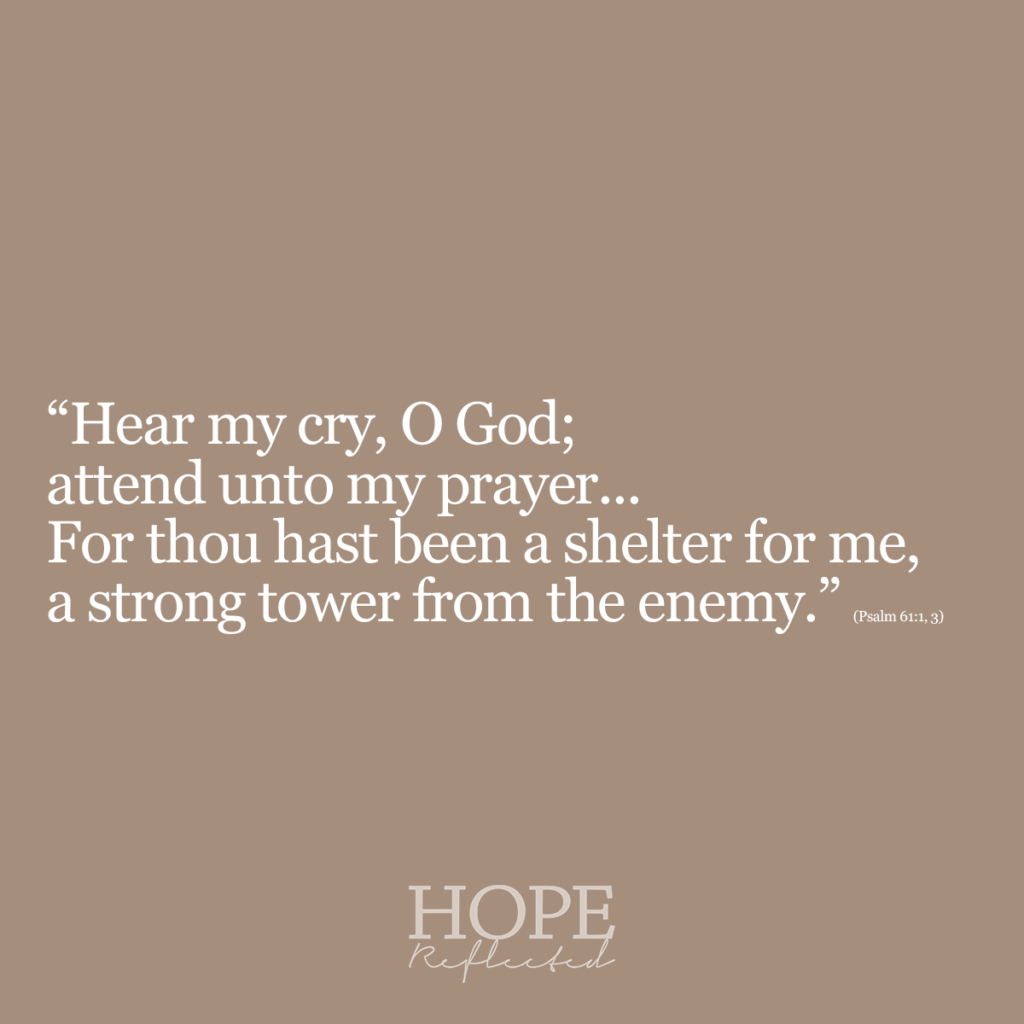
In the midst of the storm, God is still in control
Sometimes this is hard to believe, but it is true. In His timing, He will arise, and He will rebuke the winds and sea that are tossing us about. We need only “Be still” and rest in the knowledge that He is in control (Psalm 46:10). When someone is stuck in the water, or in danger of drowning, the worst thing they can do is to panic. But that’s our human instinct. We fight to keep our head above the waves, we struggle to swim. It seems senseless to try to remain still and breathe deeply even though these are two of the ways that can help us stay afloat. We are instructed throughout the Bible to “Be still,” (Psalm 46:10), to “rest in the Lord and wait patiently for him,” (Psalm 37:7). Even in the midst of the storm when it doesn’t make sense, we need to “Trust in the Lord with all thine heart, and lean not on thine own understanding.” (Proverbs 3:5).
“But the men marveled, saying, What manner of man is this,
that even the winds and the sea obey him!”
Matthew 8:27
When we’re tempted to worry, may we marvel instead that the One who controls the winds and the sea cares for us. “But the men marveled, saying, What manner of man is this, that even the winds and the sea obey him!” (Matthew 8:27). The bigger God is to us, the smaller the storm will seem.

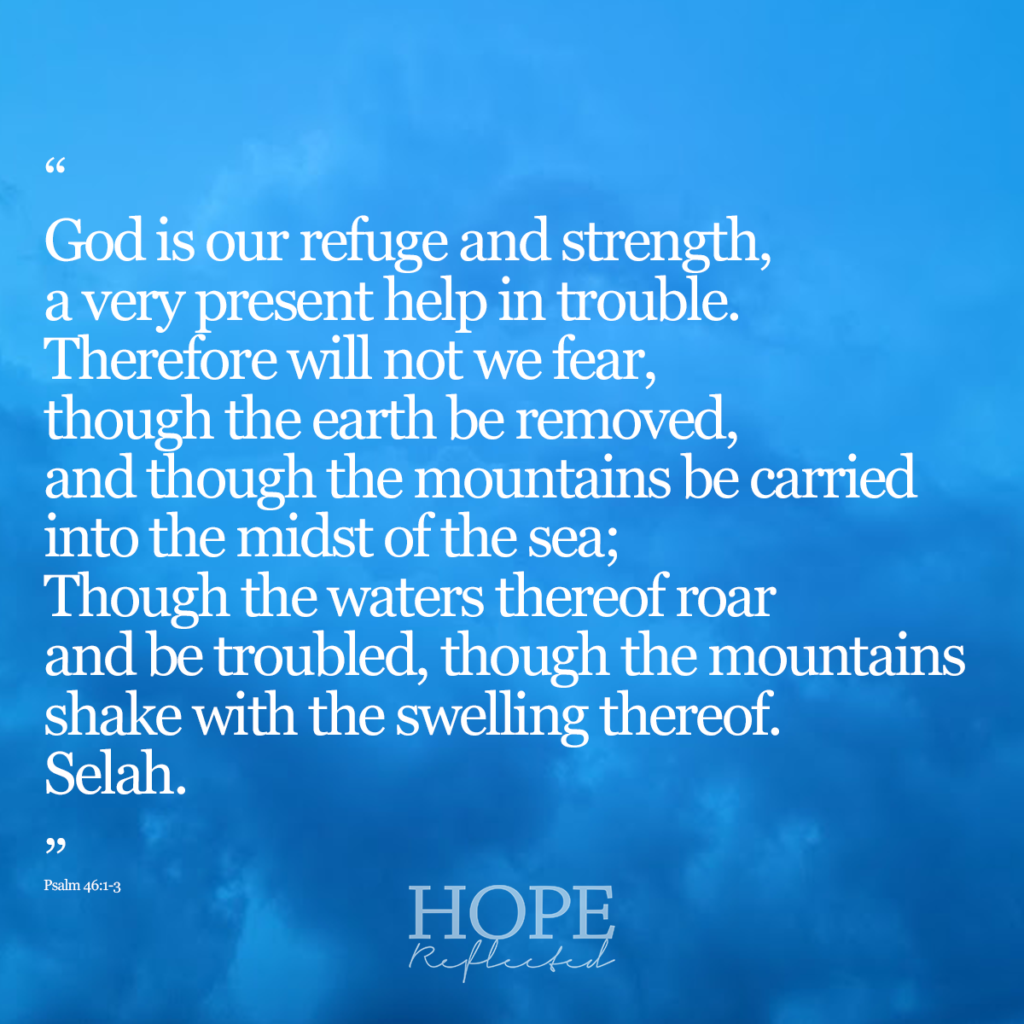
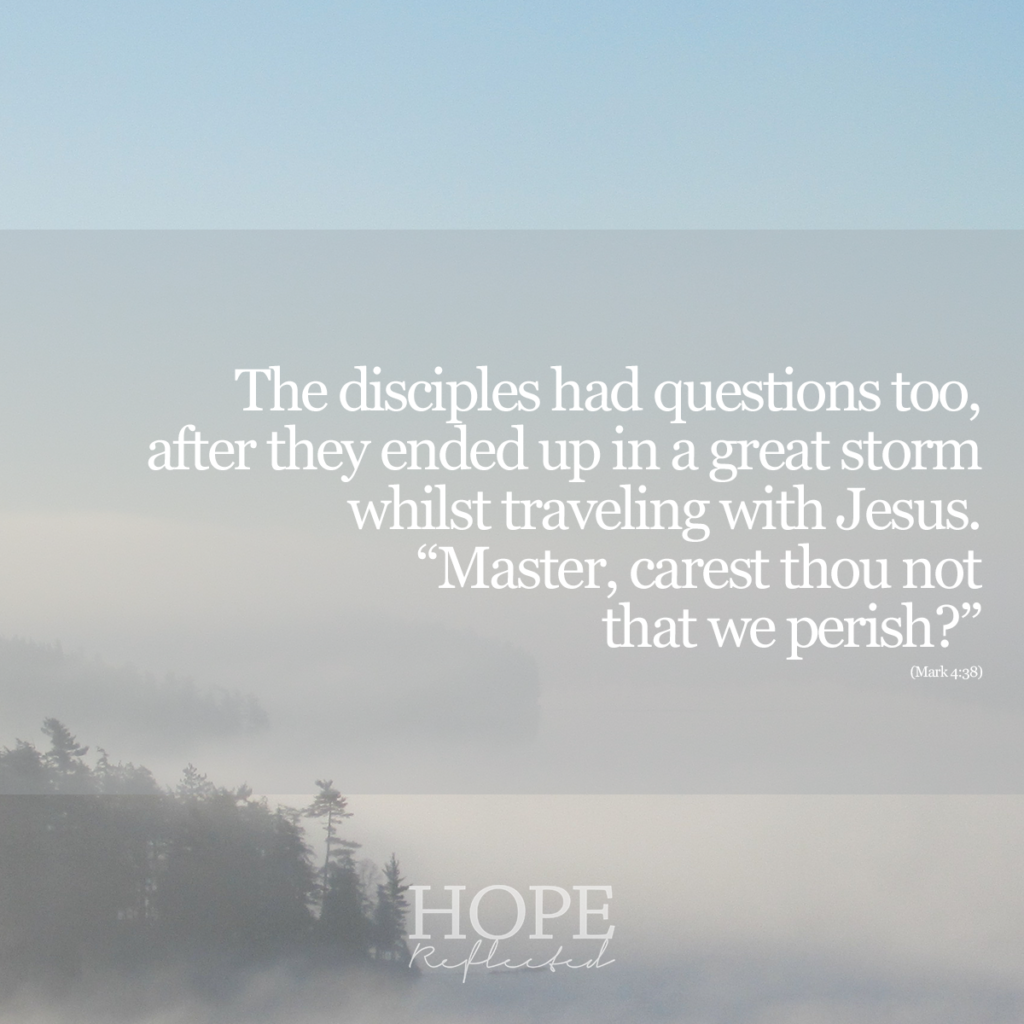
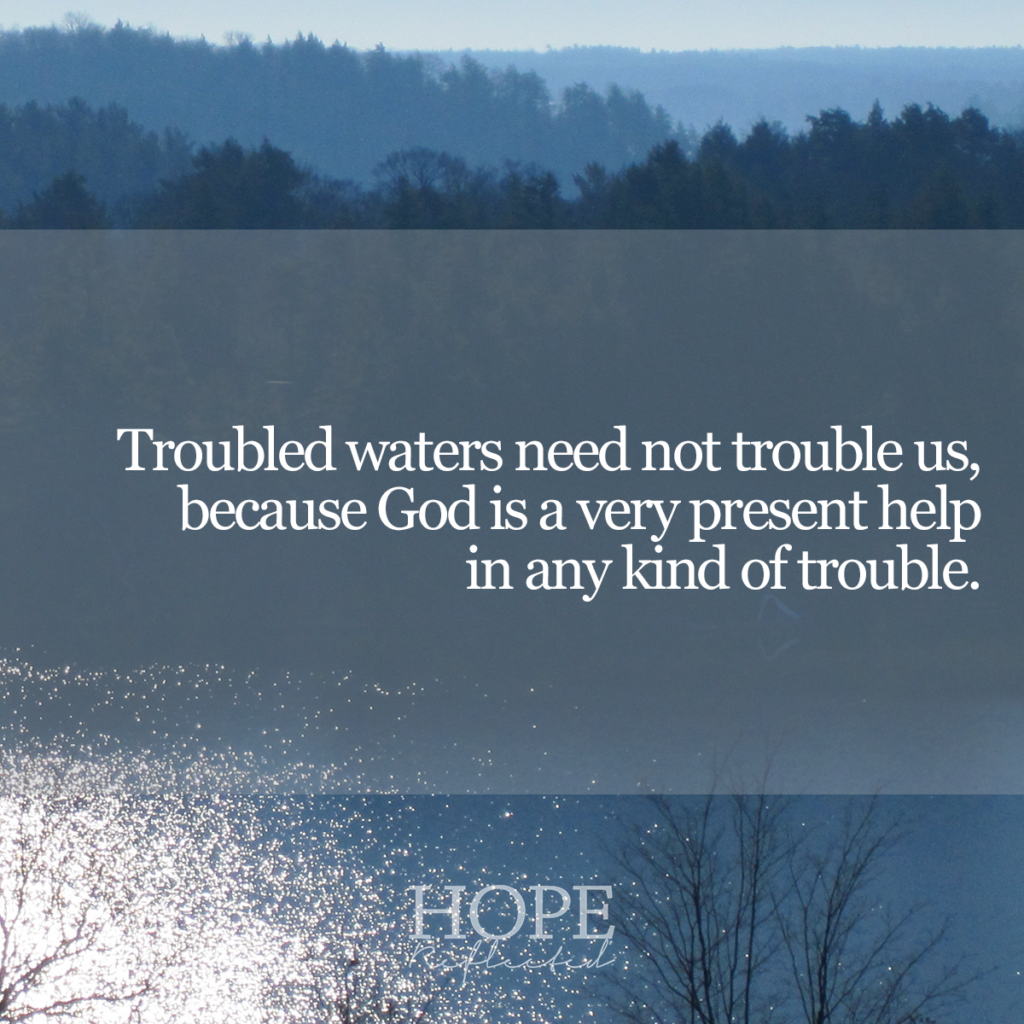
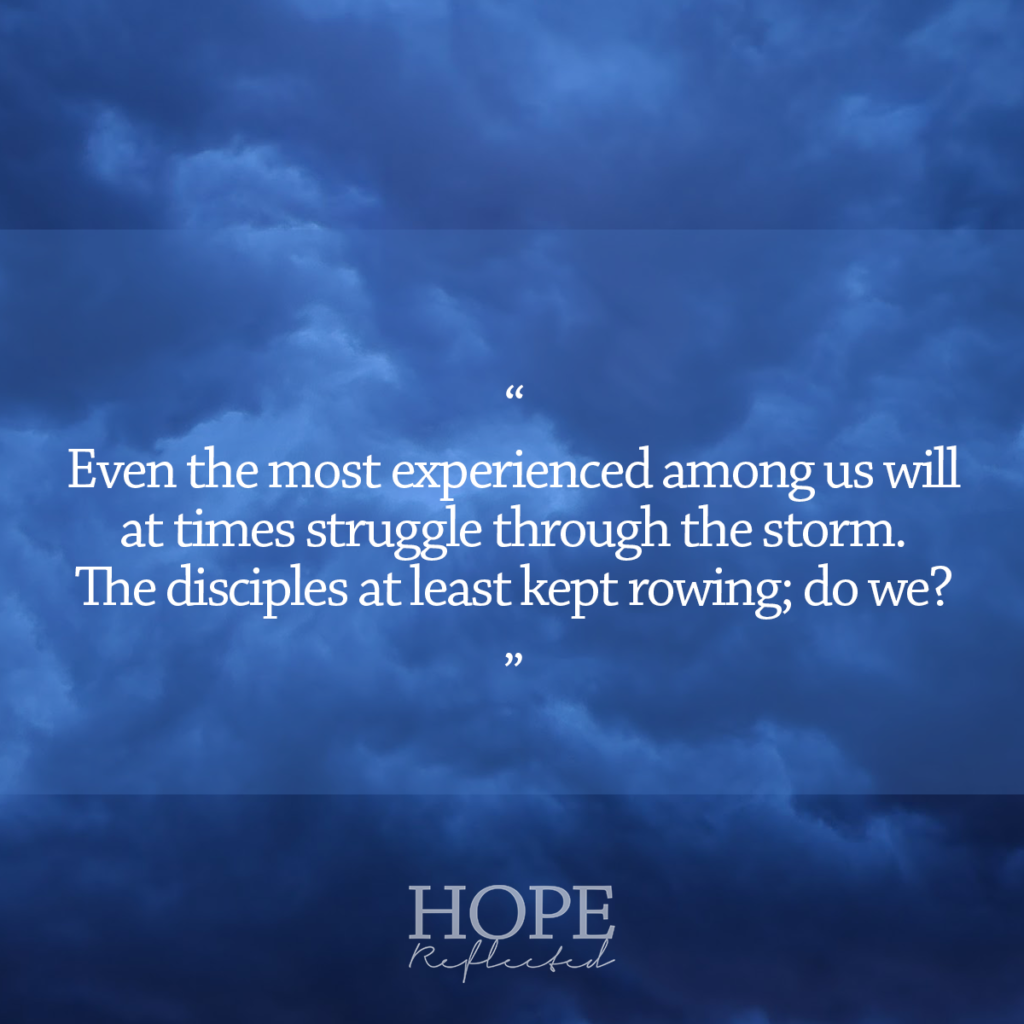
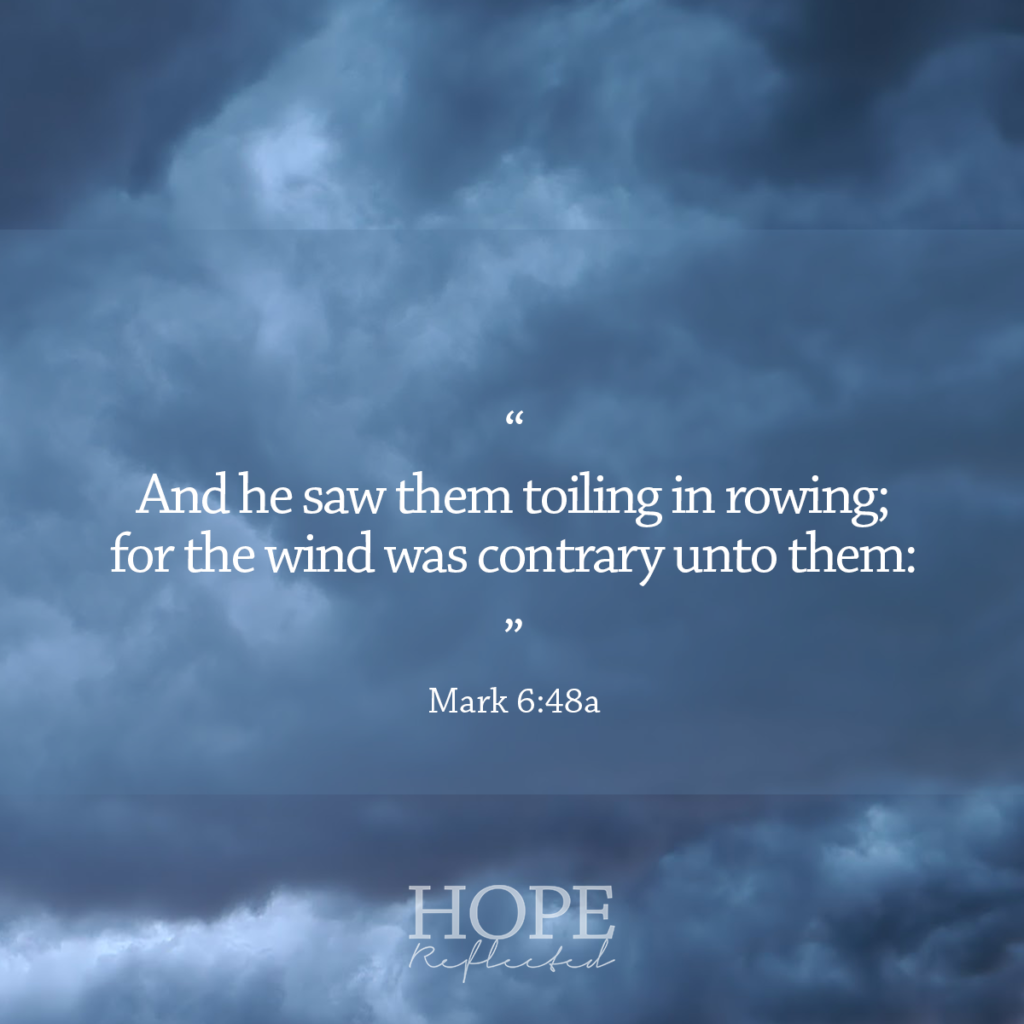
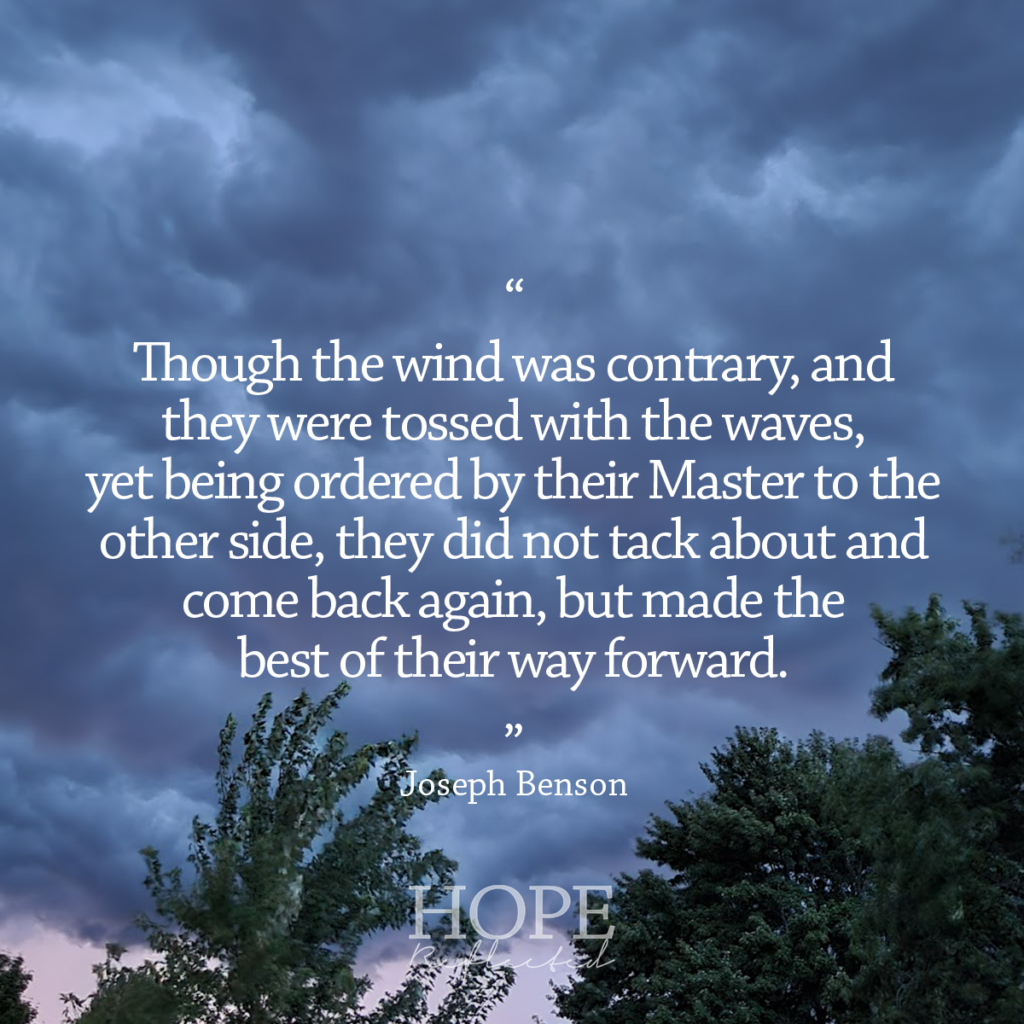
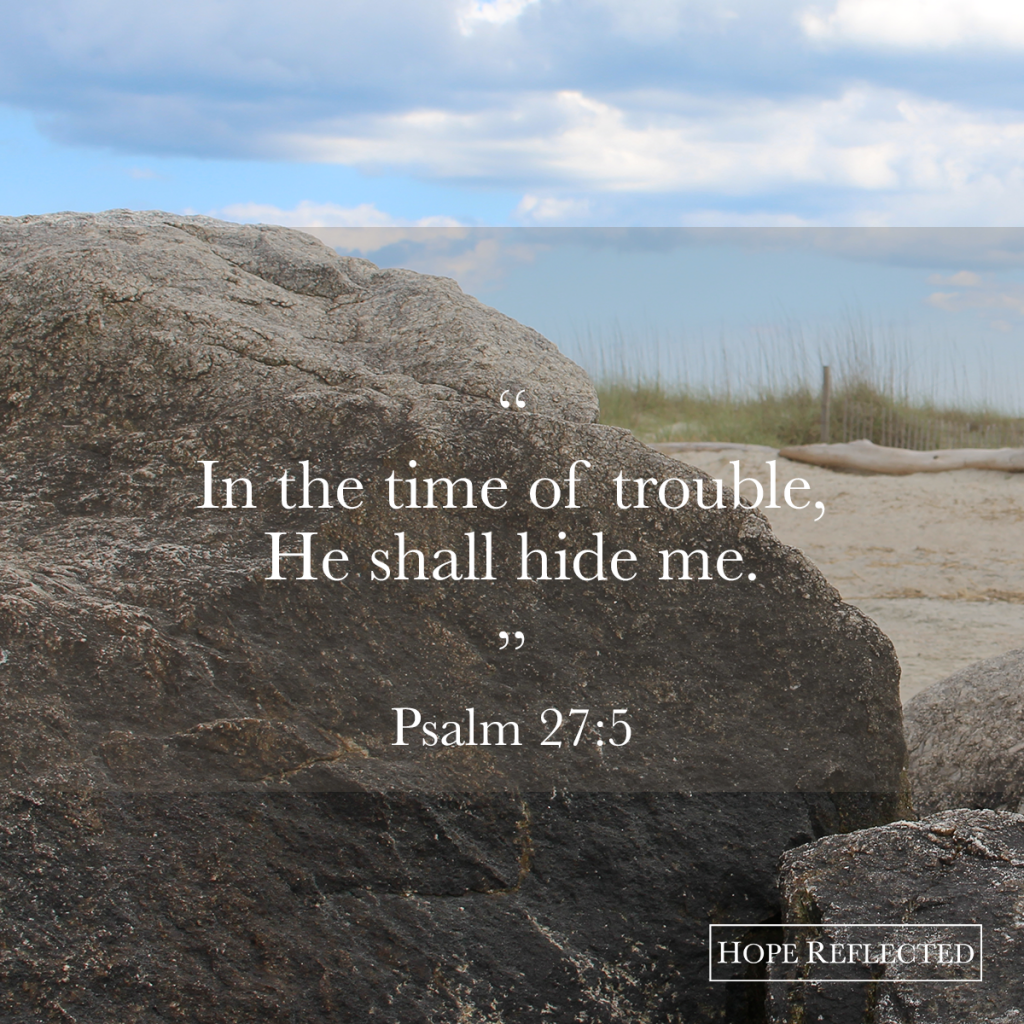
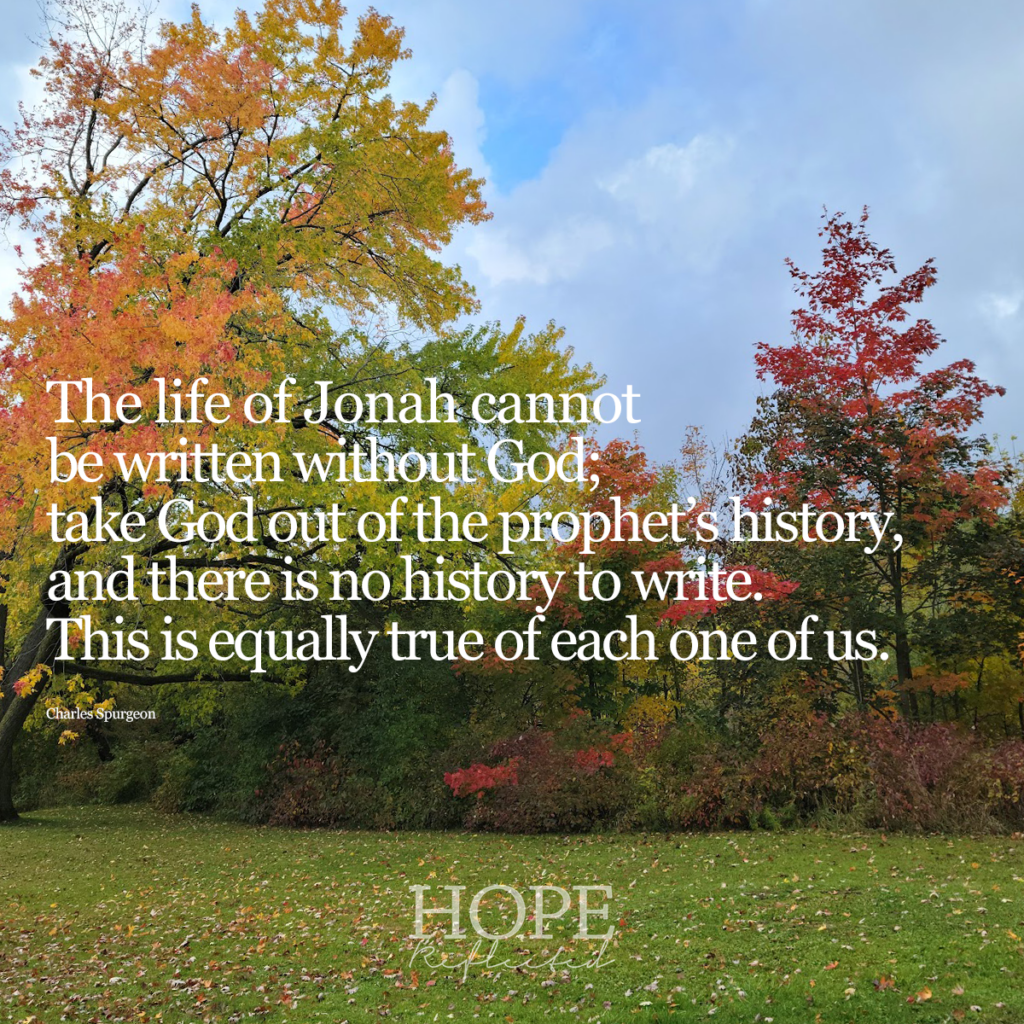
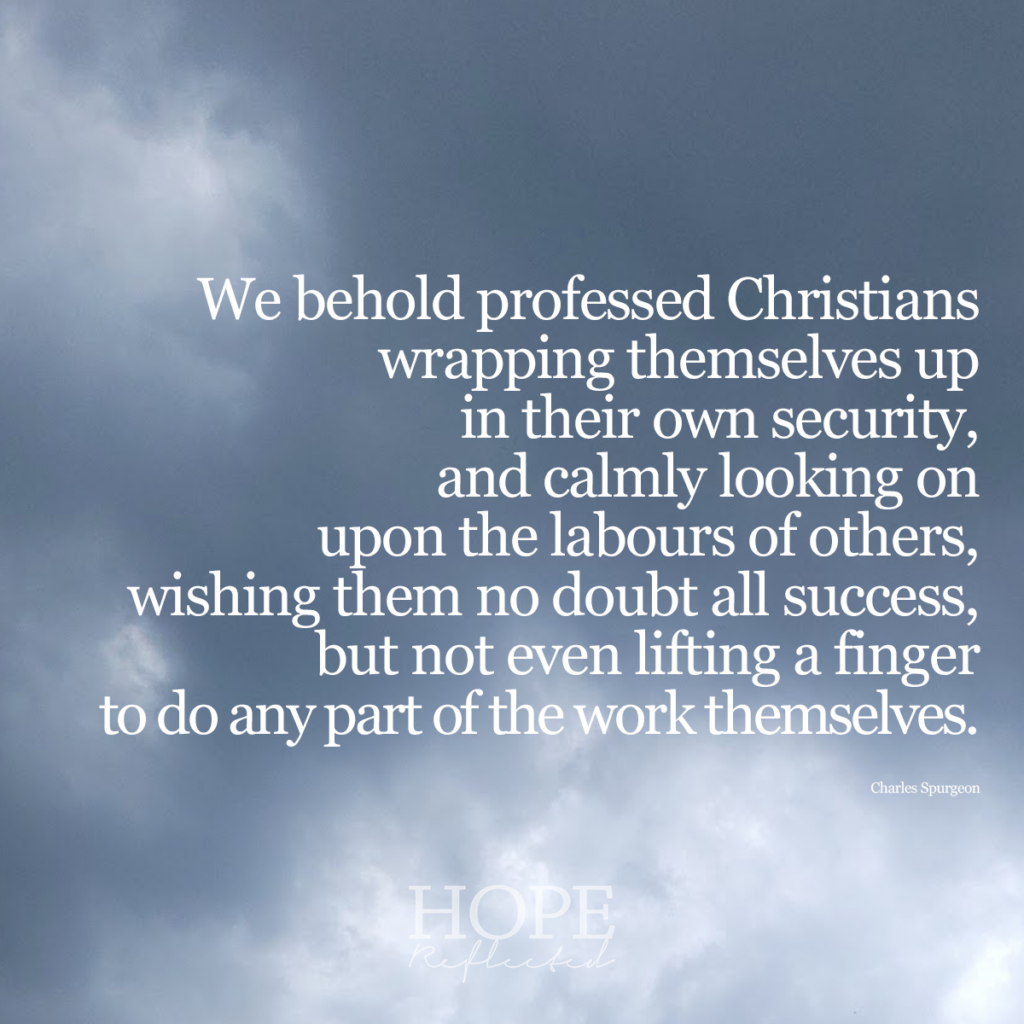


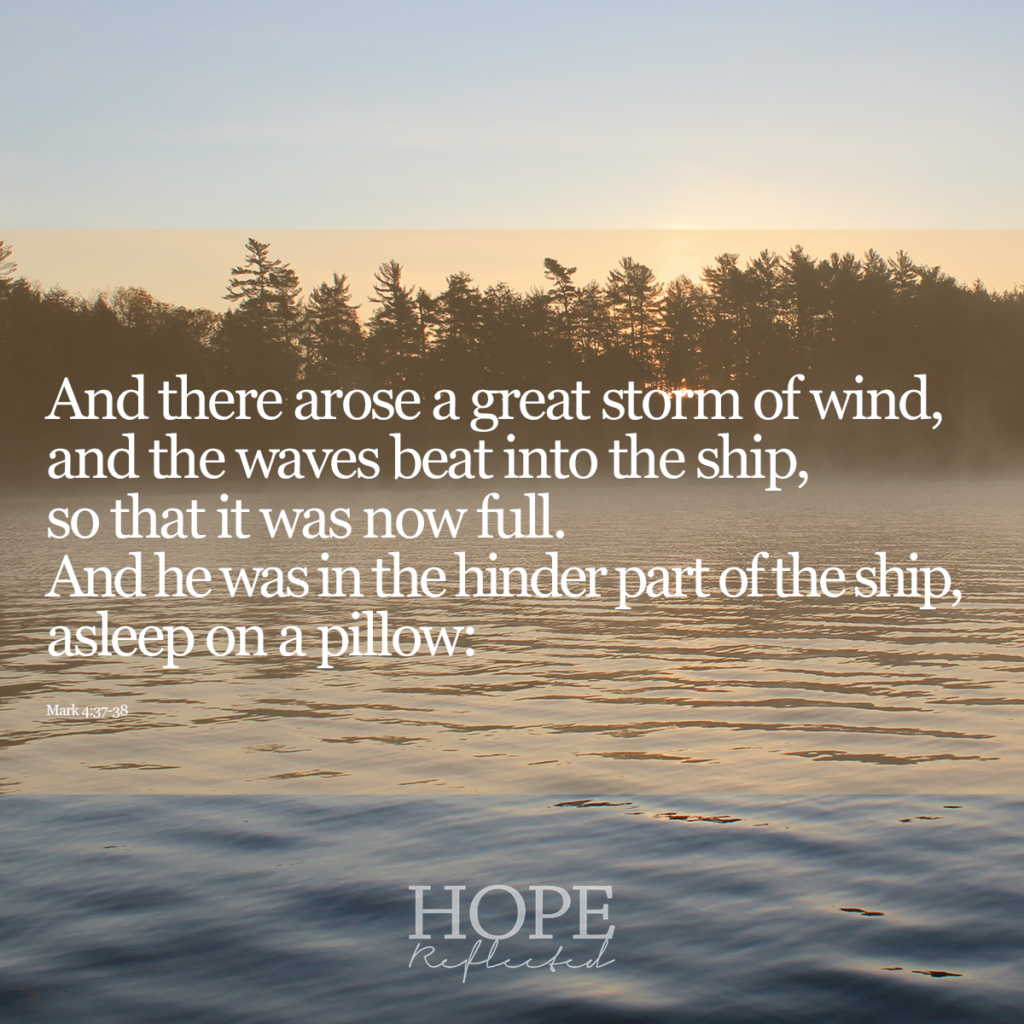
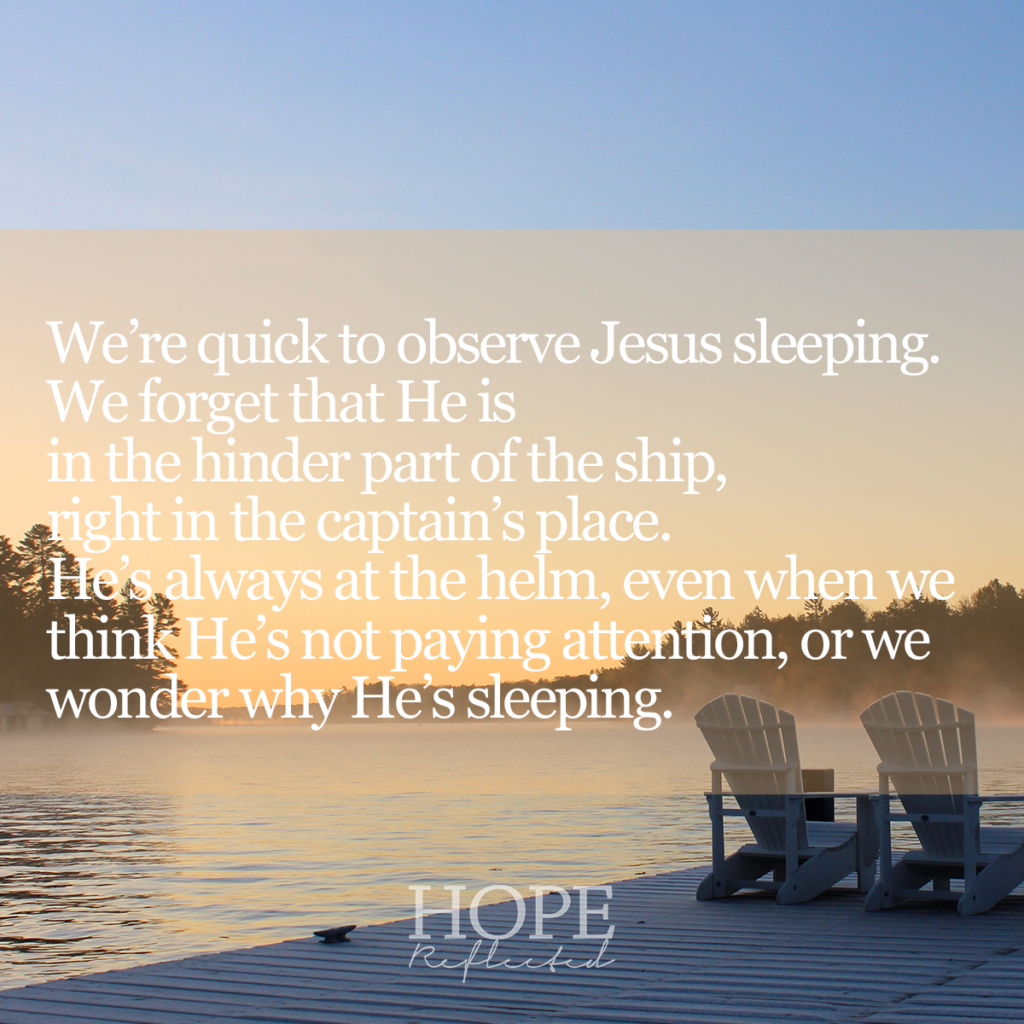
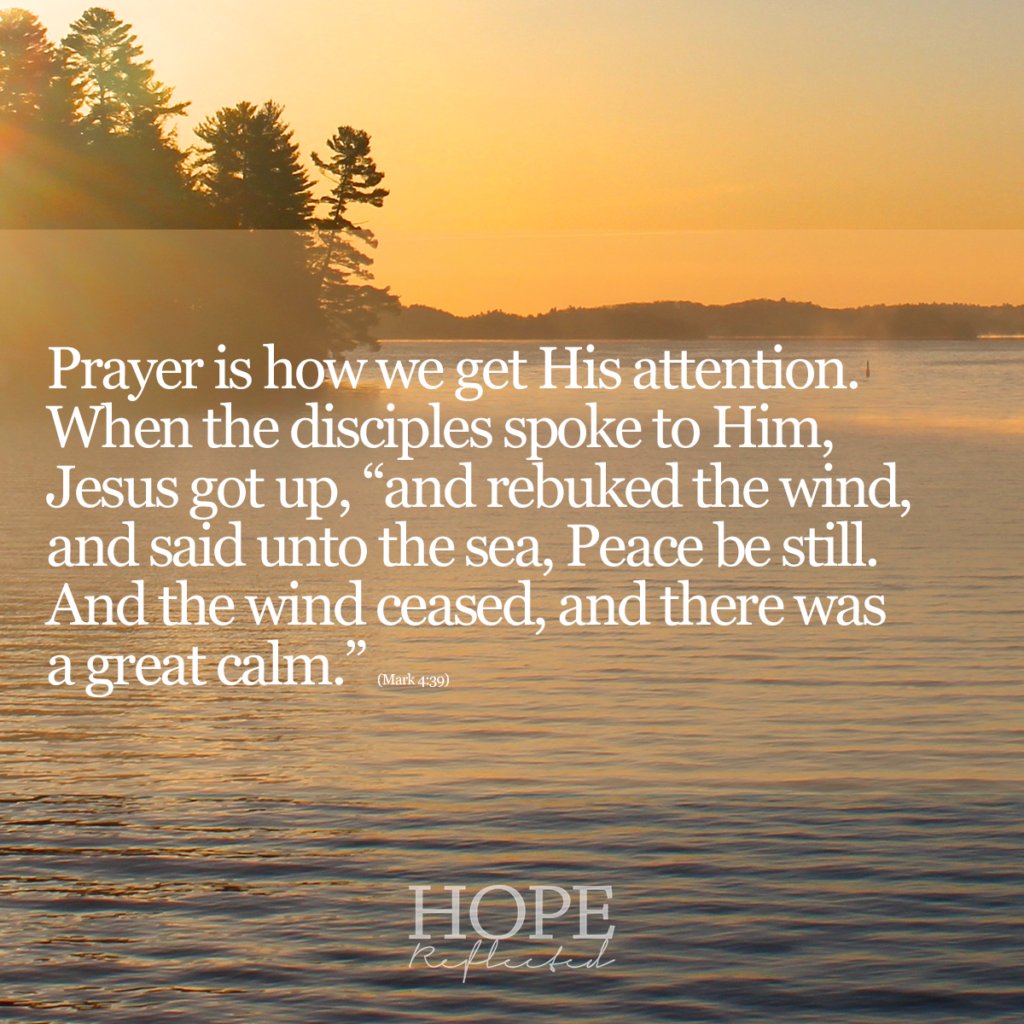
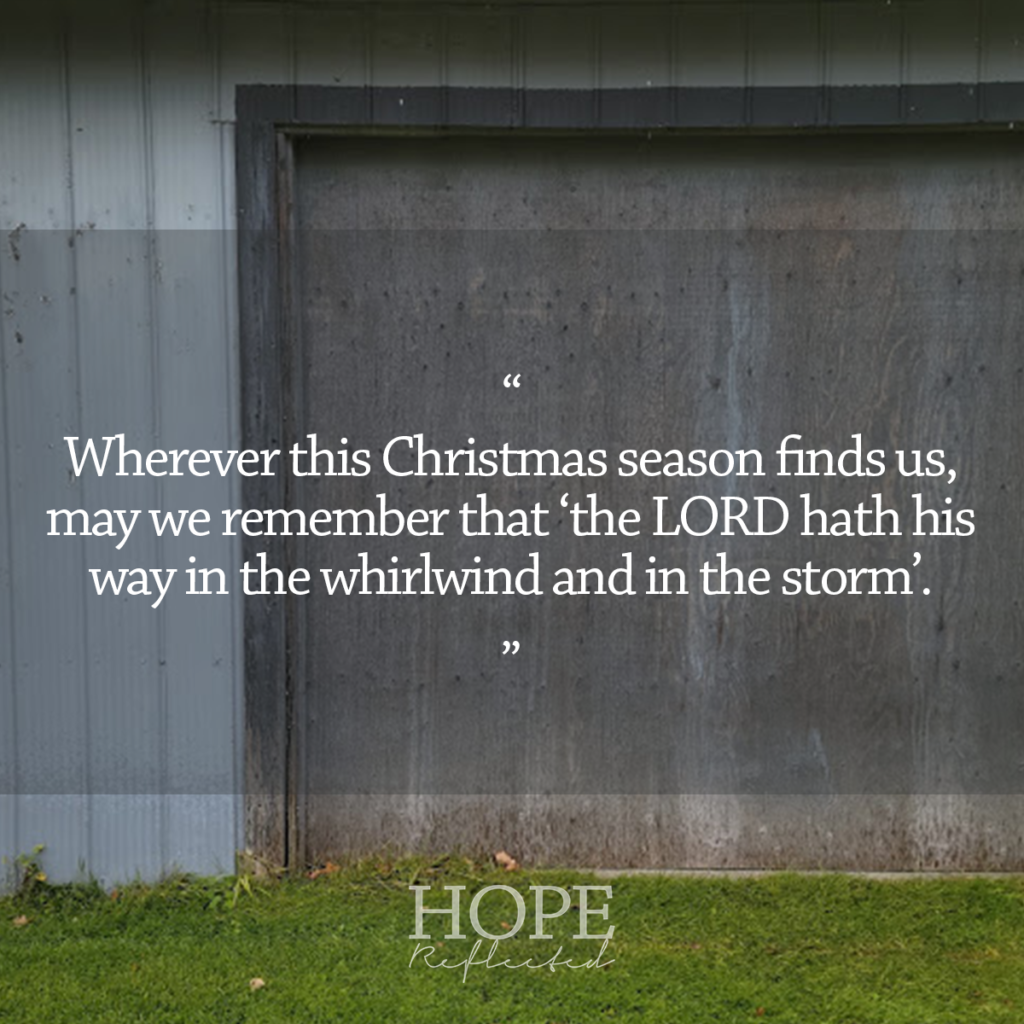
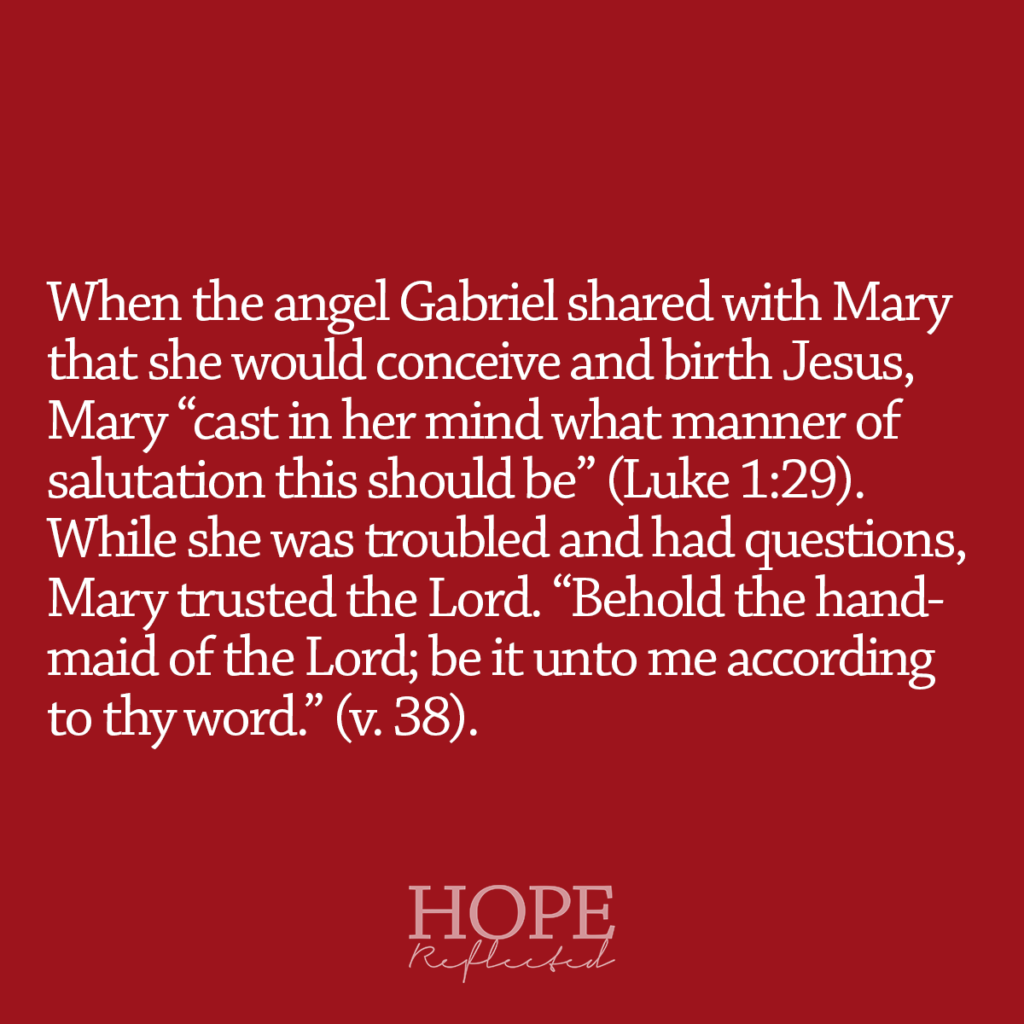
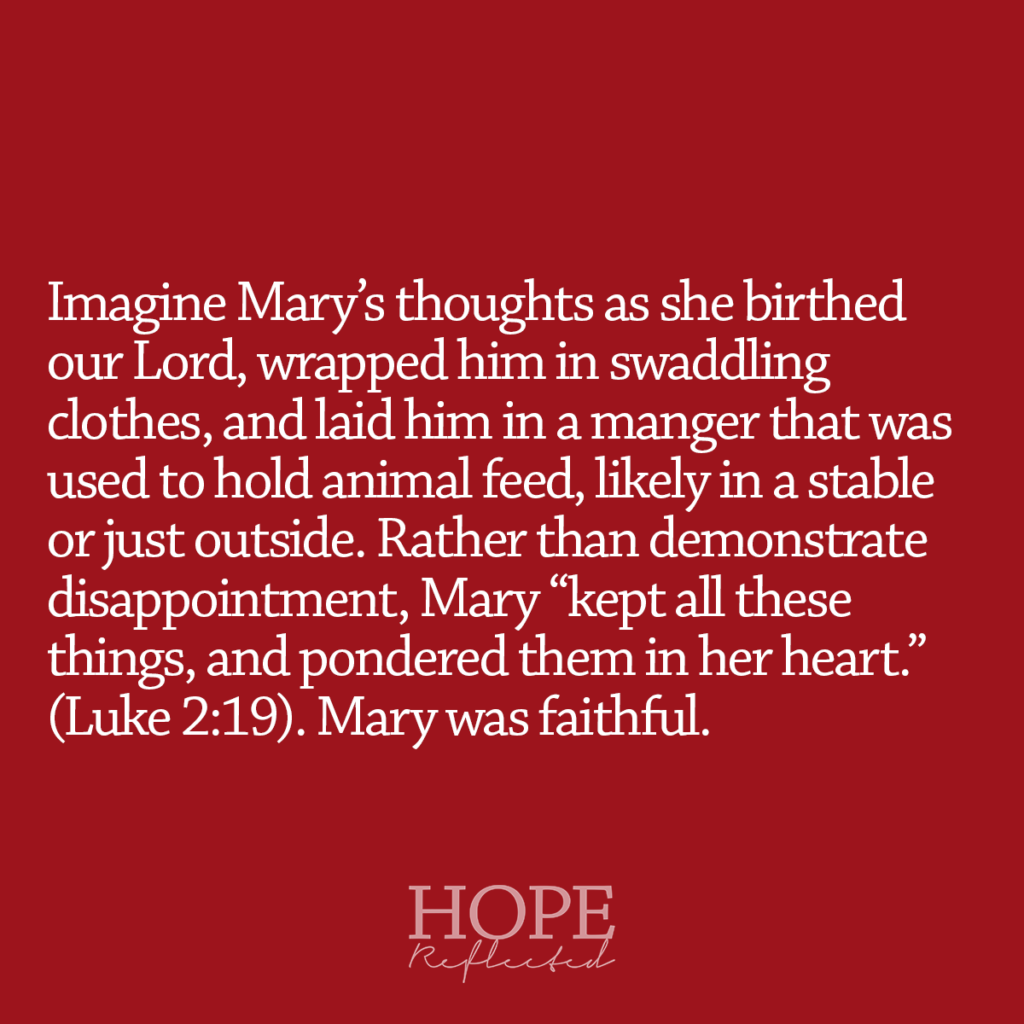

![False friends or counterfeit kindness; whatever you want to call it, the world is filled with people who will say one thing to your face and then another behind your back; people who will woo you in order to get something from you.
It’s sad, but it’s true.
The Bible provides us with examples from Joab to Judas, and yet, we’re surprised when we find ourselves deceived and hurt by someone else.
So what are some of the hallmarks of a true friend?
You can read more about this on hopereflected.com [Link in profile]
.
.
.
#friends #friendship #kindness #counterfeitkindness #hurt #proverbs #truefriends #hopereflected #blog #blogpost](https://www.hopereflected.com/wp-content/plugins/instagram-feed/img/placeholder.png)